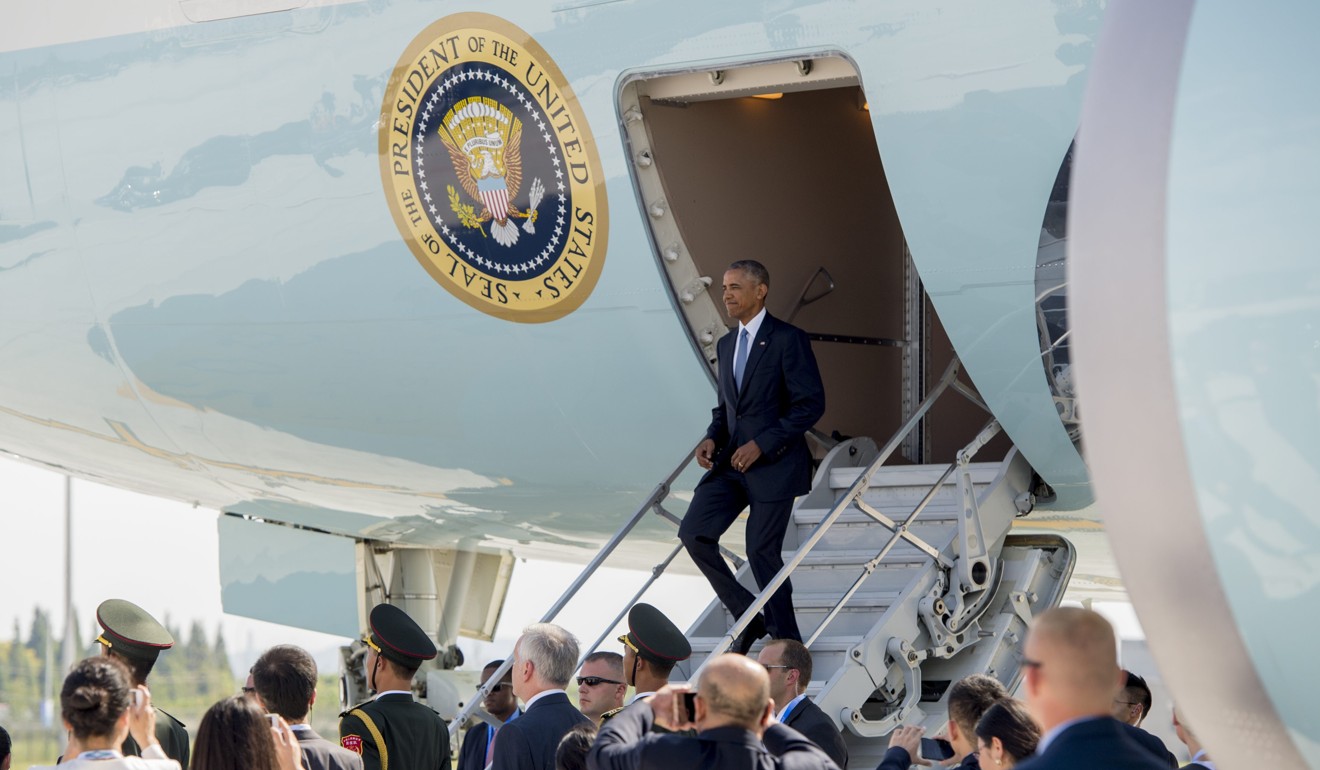
Are Hong Kong’s Edward Snowden chickens finally coming home to roost?
As China and the US square up on almost every front in the fight to shape a new global order, Niall Fraser argues that the day Hong Kong turned David to Washington’s Goliath has never been forgotten
Despite not realising it at the time – it was more than 30 years ago – the most important piece of professional advice I ever received came from a giant of a man in every sense of the word, my first mentor, Donald MacDonald.

CIA files reveal anxiety over Hong Kong’s future under Chinese rule
Not too long ago, I asked a hard-boiled operative of international law enforcement not unaccustomed to the murky world of spooks and stooges one of my many stupid questions. I inquired if perhaps he had forgotten about a criminal target of considerable vintage he had yet to apprehend.
“We never forget, and don’t you ever forget it,” he barked, spraying my face with spit before draining his drink and leaving the bar. As I wiped the saliva and embarrassment off my face in the bathroom, the Donald MacDonald effect got me thinking.
Snowden worship: CIA boss lays blame for rise in intel leaks
Two years after Snowden, NSA revelations still hurting US tech firms in China
The you-couldn’t-make-this-stuff-up justification Yuen gave was that the feds got Snowden’s middle name wrong in documents they submitted seeking his arrest.
Given the heat surrounding Snowden at the time, Yuen might as well have given the middle finger to Uncle Sam.

Within days, and before the paperwork was up to Yuen’s exacting standards – the man the US government wanted to silence with every fibre optic of its being, was on a plane outta here to sanctuary in Moscow. The rest, as they say, is history.
In the immediate aftermath of this momentous snub, the diplomatic doublespeak gene kicked in and officials on both sides made all the right kiss-and-make up noises.
Macau billionaire Ng Lap-seng convicted in UN bribery case
G20 ‘staircase snub’ for Obama was United States’ decision, reveals Chinese official

Patrick Ho pleads not guilty to offering US$2.9m in oil-deal bribes

Revealed: details of arrested ex-CIA spy’s shady past at tobacco firm
A string of coincidences or part of a wider connected picture? We will probably never know. But you can be sure, the great game is only going to get greater for the foreseeable future.

